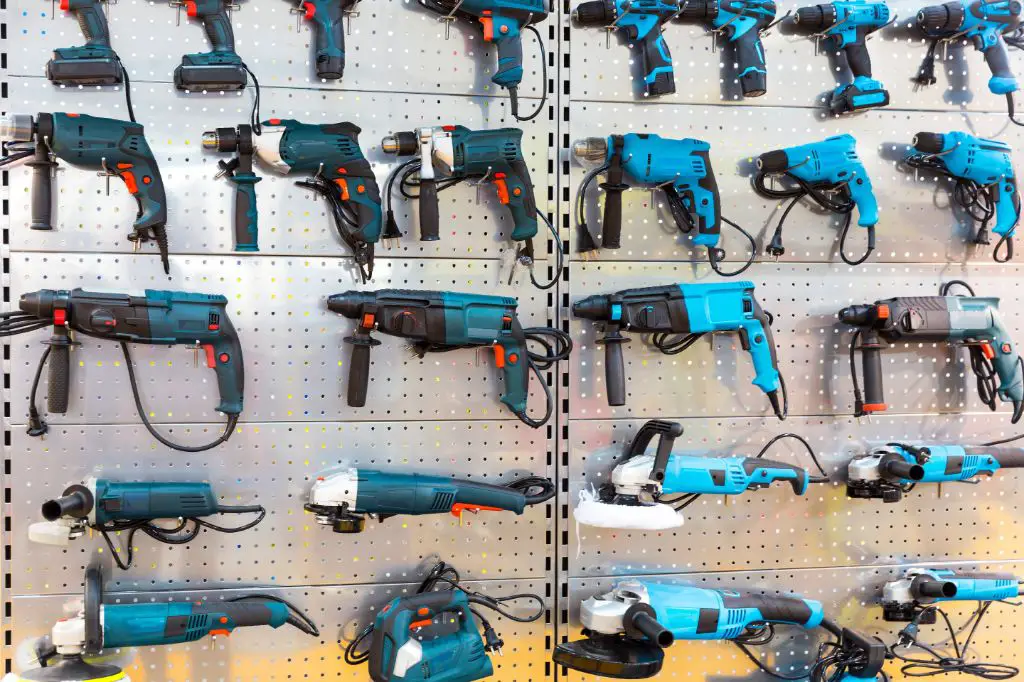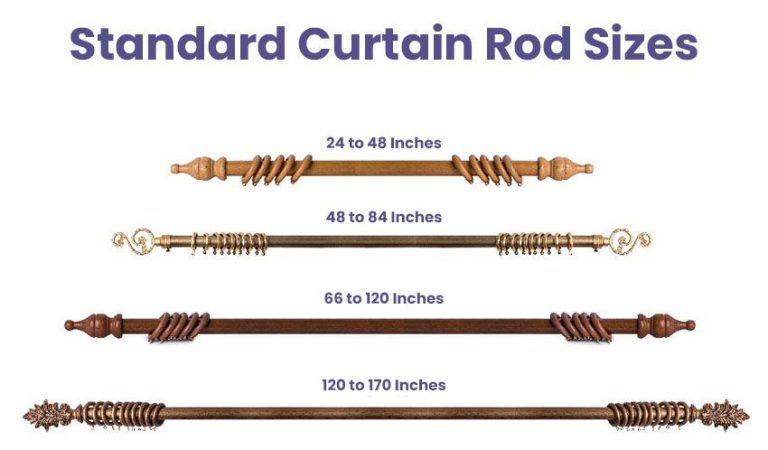What Is The Most Popular Power Tool Brand In Japan?
Power tools have become an essential part of many workshops and construction sites. From simple drills to complicated circular saws, power tools increase productivity and make jobs easier. In Japan specifically, power tools have seen immense popularity over the last few decades. With a reputation for high quality manufacturing and engineering, Japanese power tool brands are some of the most widely used across professional contractors and DIYers.
Power tools are motorized tools used for construction and repair applications. They include categories like drilling and fastening tools, sawing and cutting tools, routing tools, and more. Brands compete heavily on durability, precision, power, and additional features.
This article will explore the most popular power tool brands sold in the Japanese market. We’ll look at market share data and consumer preferences to analyze which companies lead in this space. The history and reputations of major brands like Makita, Hitachi, and Panasonic shed light on their dominance in the Japanese power tool industry.
Brief History of Power Tools in Japan
Power tools first emerged in Japan in the 1930s, with major electronics companies like Mitsubishi and Hitachi releasing some of the first power drills domestically (Source). The rise of DIY and home improvement culture in postwar Japan led to increasing demand for power tools, allowing brands like Makita to grow and release their own power tool products starting in the 1950s.
By the 1980s and 90s, power tools had become commonplace in Japanese households. Major Japanese brands like Makita, Hitachi, Panasonic, and Ryobi released a range of power drills, saws, sanders and other DIY power tools. The emergence of lithium-ion batteries also allowed these brands to manufacture lightweight, convenient cordless power tools (Source). Today, Japanese brands like Makita remain market leaders globally in power tools and cordless tool technology.
Makita
Makita is the largest power tool manufacturer in Japan, with a long history that began in 1915 as an electric motor sales and repair company. Makita expanded into power tools in 1958 and rapidly grew to become the top brand in Japan through its reputation for innovation and quality.
Makita’s extensive product range covers all main power tool categories, including drills, saws, grinders, sanders, routers, impact wrenches, planers, and more. The company has pioneered technologies such as brushless motors and Lithium-Ion batteries that deliver more power, run time, and durability. Makita emphasizes ergonomics in its tool designs and was one of the first brands to introduce cordless power tools.
In Japan, Makita enjoys premium brand image due to its Japanese heritage and use of advanced technologies. Makita’s teal color is widely recognizable. The company markets itself as “the professional’s choice” and often sponsors Japanese craftsmen. Makita emphasizes performance, reliability and precision in its Japanese advertising. This brand image results in high popularity and loyalty among professional contractors and serious DIYers.
Hitachi
Hitachi, Ltd. is a large multinational conglomerate corporation headquartered in Tokyo, Japan. Founded in 1910, Hitachi operates a diverse range of businesses including information technology, infrastructure, consumer products, and power systems (HiKOKI).
Hitachi entered the power tool market in 1968 with a focus on electric power tools. Over the decades, Hitachi power tools gained a reputation for reliability, durability and performance. Key innovations included brushless motor technology and Lithium-ion battery packs, allowing Hitachi to produce cordless power tools that rivaled corded models in power (Our History: Koki Holdings Co.,Ltd.).
Today, Hitachi manufactures a wide range of power tools including drills, hammer drills, impact drivers, circular saws, reciprocating saws, rotary hammers, angle grinders, jigsaws and more. Flagship brands include Hitachi, Metabo HPT and now HiKOKI. HiKOKI reflects the company’s focus on advanced brushless motor and Lithium-ion technologies (Japan – HiKOKI).
Panasonic
Panasonic Corporation is a large Japanese multinational conglomerate company headquartered in Osaka. Founded in 1918, Panasonic has grown over the past century to become one of the biggest electronics producers in the world, offering a wide range of products and solutions for consumer, business, and industrial uses.
When it comes to power tools, Panasonic provides a range of reliable and innovative options including drills, saws, sanders, impact wrenches, rotary hammers, and more. According to Panasonic’s website, their cordless power tools are designed with “power, ergonomics and extreme conditions in mind.” The tools aim to deliver efficiency, precision, and durability for professional use.
In Japan specifically, Panasonic power tools are widely available at home improvement stores and have a reputation for good performance and value. Prices for Panasonic power tools in Japan tend to range from mid-tier to premium. For example, a 18V Lithium Ion cordless drill kit may cost 15,000 to 25,000 yen, while more heavy duty tools like rotary hammers could run from 45,000 to 80,000 yen.
Other Notable Brands
Japanese power tool brands Makita, Hitachi, and Panasonic are the clear leaders in market share, but there are other notable brands that have a presence in the Japanese power tool industry. Some brands commonly found in Japan include:
Ryobi – Owned by Techtronics Industries, Ryobi manufactures a range of power tools and is known for having a very large 18V cordless tool system. Ryobi power tools are affordable and often seen in home improvement stores.
Bosch – The German brand Bosch has a lineup of both power tools aimed at professionals as well as more affordable options for DIYers. Bosch is popular for high quality power tools like hammer drills and impact drivers.
DeWalt – DeWalt, owned by Stanley Black & Decker, offers pro-level power tools known for durability and ruggedness. While not a Japanese brand, DeWalt still has a presence in the Japanese market.
Some niche or specialty Japanese brands for high-end woodworking, concrete work, steel fabrication, and other trades include Koki Holdings, Alpine Tools, Nikko, and Osawa.
Market Share Data
According to a market research report, Makita has the largest market share of power tools in Japan at 40%. The report states that Makita has maintained a strong leadership position in the market for over 30 years. Hitachi and Panasonic hold the second and third largest market shares at 25% and 15% respectively. Bosch, Ryobi, and Dewalt make up most of the remaining market share.
Over the past 5 years, Makita has steadily grown its market share from 35% to 40% as of 2021. Hitachi’s share has remained relatively stable around 25%, while Panasonic has seen a slight decline from 20% to 15%. Ryobi, Dewalt, and other brands have lost some market share to Makita during this period.
In terms of sales, Makita generated over $1.5 billion in power tool revenue in Japan in 2021. Hitachi and Panasonic had sales of $1 billion and $600 million respectively. The total Japanese power tool market was valued at around $5 billion in 2021 and is projected to reach $6 billion by 2025.
Factors in Popularity
There are several key factors that contribute to Makita’s popularity in Japan:

Reliability & Durability – Makita has built a reputation for making high quality power tools that stand up to heavy use. Many professional contractors swear by the reliability of Makita tools, with some reporting using the same drill for over 10 years without issue (Source: Reddit). The all-metal gearing and sturdy construction make Makita tools known for their durability.
Brand Reputation & Loyalty – As the leading Japanese power tool brand, Makita enjoys strong brand loyalty in its home country. Japanese consumers trust the quality and performance of Makita tools. The company’s history in Japan since 1915 contributes to its excellent reputation (Source: Pro Tool Reviews).
Distribution & Availability – Makita has extensive distribution networks across Japan, making the tools widely available at retail outlets big and small. This omnipresence and easy access to Makita tools enhances the brand’s popularity.
Pricing & Promotions – Makita prices its tools competitively while regularly offering promotions and sales events in Japan. This combination of reasonable pricing and frequent deals helps attract buyers.
User Reviews
When comparing the top power tool brands in Japan, it’s important to look at user reviews and testimonials to get a sense of real-world performance and value. Makita often scores very highly when it comes to ease of use. One Facebook user who switched from a 2-stroke engine to Makita’s 4-stroke power equipment said it was “powerful, quiet and very easy to use.”
Reviews of the Makita MLT 100 table saw highlight its precision and stability. According to Woodwork Junkie, it’s a versatile saw that’s ideal for professional woodworkers. Some users mention it may not be the best choice for beginners due to the price tag.
Hitachi gets strong reviews for value for money. This YouTube review of the Hitachi DUC303 chainsaw calls it “a great saw for the money.” It highlights useful features like the tool-less chain tensioning system while noting performance is not on par with more expensive models.
When choosing between the top Japanese power tool brands, carefully read user reviews about aspects like ease of use, power, durability, and price to make the right choice for your needs.
Conclusion
In summary, Makita has emerged as the most popular power tool brand in Japan over the last few decades. Their leadership in the Japanese market stems from a reputation for reliability, durability, precision and innovation in both battery-powered and corded power tools. Reviews indicate that Japanese tradespeople strongly prefer Makita for its “Made in Japan” pedigree and trusted quality.
While Hitachi and Panasonic also have solid reputations in the Japanese market, Makita continues to dominate across all power tool categories – from drills and saws to rotary hammers and more. Makita’s extensive selection of tools in both 12V and 18V battery platforms, along with their early leadership in lithium-ion battery technology, has allowed them to stay ahead of the competition.
As the Japanese continue to value high-quality local manufacturing, Makita seems poised to maintain its popularity and market share lead in the years to come. Their commitment to their Japanese roots while expanding globally also appeals to discerning Japanese users. For professional tradesmen and serious DIYers in Japan, Makita remains the gold standard for reliability and performance.



